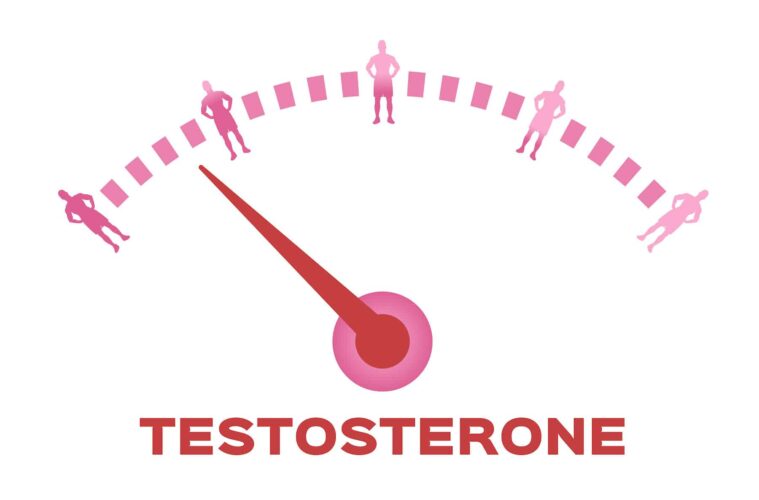There has long been a misconception that gay men have low levels of testosterone, which is both a cause and effect of their sexuality. This has had a huge impact on the treatment of gay people in India, according to DW.Com, especially as it concerns gender roles. It is now well understood that there is no correlation between sexuality and testosterone levels, thankfully; as Psychology Today highlights, the only interaction of hormones in sexuality is in sexual patterns and the behaviour of people. That being said, it is important to understand how testosterone impacts the body, and how it actually functions with regards to human and attraction and behaviour – for gay men included.
Testosterone and mental wellbeing
Low testosterone is a rare condition but one that can have a significant impact on the body. It typically grows as age advances; one study found that, of 800 Indian men, 28.9% had clinically low levels of testosterone. Some of the most common symptoms are, according to Urology Health, low sex drive; fatigue; depression; and erectile dysfunction. Unfortunately, many of these symptoms overlap with other conditions, and given the rarity of low testosterone, it’s important to rule out other causes. One of the most common symptoms of psychological illness can be mood changes, like depression, anxiety, and sleep interruptions. Before looking at how testosterone might be impacting you, look at your wider mental health, and arrangements such as your sleeping environment and sleep hygiene.A good sleeping environmentwill help to address many issues, and can also be good for when you’re having issues with intimacy in the bedroom. Getting everything else in place and then seeing if the other problems remain is important. Crucially, for gay men, there is no correlation between sexual orientation and testosterone levels – instead, diabetes, hypertension, coronary artery disease and obesity are more influential.
Advanced symptoms
Certain symptoms can be an indicator of low testosterone when paired with other issues. According to Medical News Today, this includes reduced muscle mass; hair loss; and an unexplained increase in body fat. If all of this together is mixed in with other symptoms, it may be worth getting screened for treatment and potential replacement for testosterone which is not being produced in the body. While this will help physically, it’s also important to note how testosterone can potentially impact sexual attraction and gender roles within relationships – a side-effect to any potential treatment.
Understanding attraction
According to many studies, testosterone impacts the nature of relationships in how each partner perceives their gender role. One influential study published by The Royal Society, UK, found that high testosterone is associated with masculine gender roles and dominance in relationships. Conversely, low testosterone levels can be associated with a change in what men find attractive, according to Psychology Today. People have a natural level of testosterone that their body produces; with replacement or reductions, it will obviously change behaviour and psychology in romantic relationships. Being cognizant of that is important.
Crucially, however, it’s important to note that testosterone does not define anyone in terms of their sexual orientation. Sexual habits, preferences and behaviour, yes – but not orientation. Ensuring you have a healthy hormonal balance is important, but there is a natural level to be found and it’s not the case that hormones can either entirely extinguish or create a reality that isn’t there. Indian men should look to their respiratory and heart health, rather than their sexuality, in answering these questions.
- Unexpected Cities Embrace the LGBTQ+ Community: International Travel Locations for a Memorable 2025 - January 22, 2025
- Bollywood Finally Spotlights LGBTQ Relationships — But Further Progress Is Still Required - December 30, 2024
- Here’s Why Pattaya Is One of The Best LGBTQ+ Hotspots In Asia - July 28, 2024


